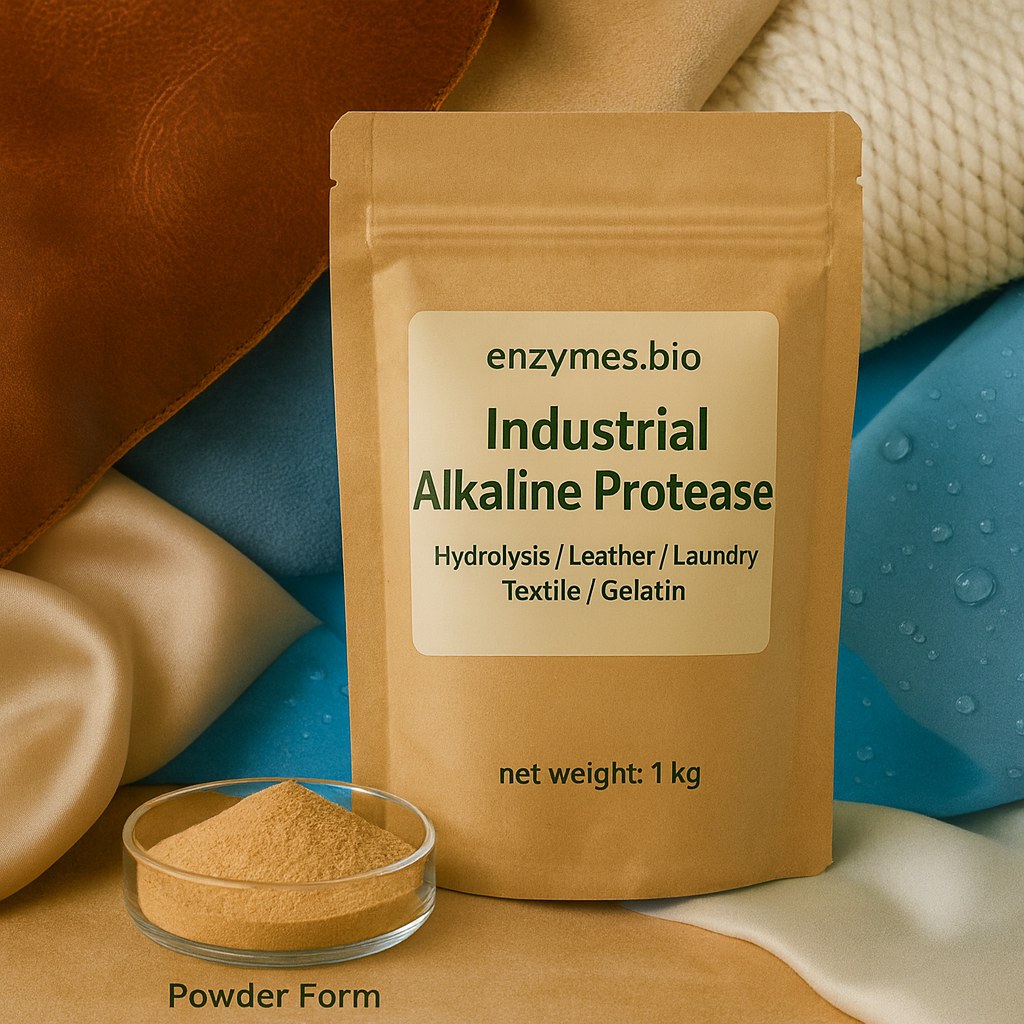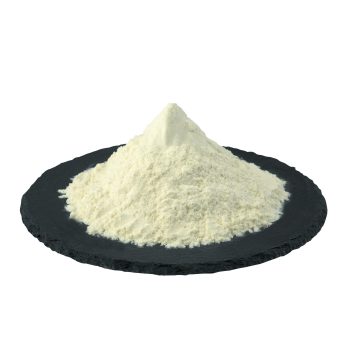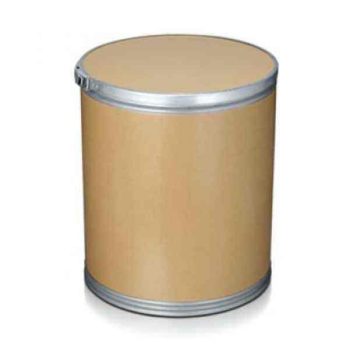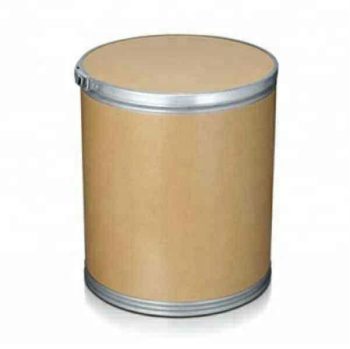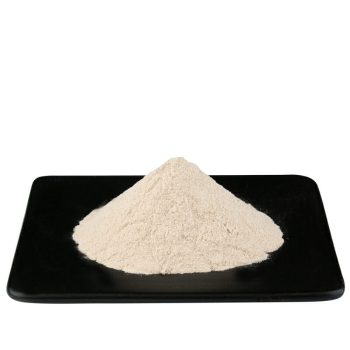Industrial Alkaline Protease 200,000 U/g Leather · Detergent · Textile · Protein Hydrolysis
High-activity, alkaline-stable protease for efficient protein degradation and eco-friendly processing.
Огляд
This industrial-grade alkaline protease delivers powerful hydrolysis of proteinaceous materials under alkaline conditions.
It is optimized for soaking, liming/dehairing and softening in leather making, protein-stain removal in detergents,
dyeing/pretreatment steps in textiles, silk degumming, and controlled protein hydrolysis for gelatin/collagen workflows.
Key Benefits
- High hydrolytic efficiency: Rapid cleavage of peptide bonds for cleaner, faster processing.
- Wide operating window: Reliable performance from 20–60 °C and pH 8.0–12.0.
- Process enhancement: Improves fiber opening and softness in hides; boosts dye uptake and fabric brightness; accelerates protein-stain removal.
- Sustainable choice: Reduces reliance on harsh chemicals and lowers COD/BOD load in downstream effluent compared to purely chemical approaches.
Recommended Applications
- Leather: Soaking, liming/dehairing, softening—removes non-collagen proteins, disperses collagen fibers, enhances softness and uniformity.
- Detergent: Degrades protein-based stains (blood, food, grass, sweat) into soluble peptides for superior cleaning.
- Текстиль: Improves permeability and dyeing levelness; aids scouring/pretreatment to achieve cleaner hand feel and color vibrancy.
- Protein Hydrolysis & Gelatin: Enables controlled hydrolysis for gelatin and collagen peptide production.
- Silk: Effective sericin removal (degumming) for softer, glossier silk while preserving color.
Process Guidance
- Leather: 0.1–1.0 kg/ton hide for soaking and 0.2–2.0 kg/ton for liming/dehairing or softening; adjust to hide type and process time.
- Detergent: Add as a protease component in multi-enzyme systems; validate stability with builders, surfactants, and peroxygen sources.
- Текстиль: 0.2–2.0 kg/ton fabric in alkaline baths; optimize time and liquor ratio for desired handle and dyeability.
- Protein Hydrolysis: Control degree of hydrolysis via pH/temperature/time to achieve target peptide profile.
- Silk: Use in alkaline degumming baths with careful monitoring to protect fibroin integrity.
Actual dosage should be verified in pilot trials, as optimal rates depend on substrate, process design, and desired outcomes.
